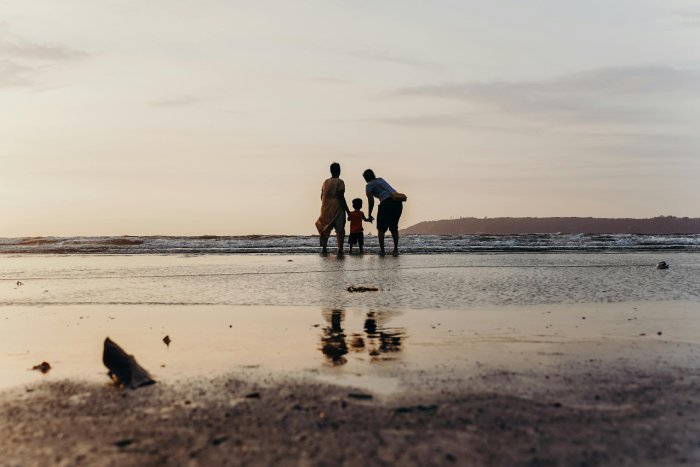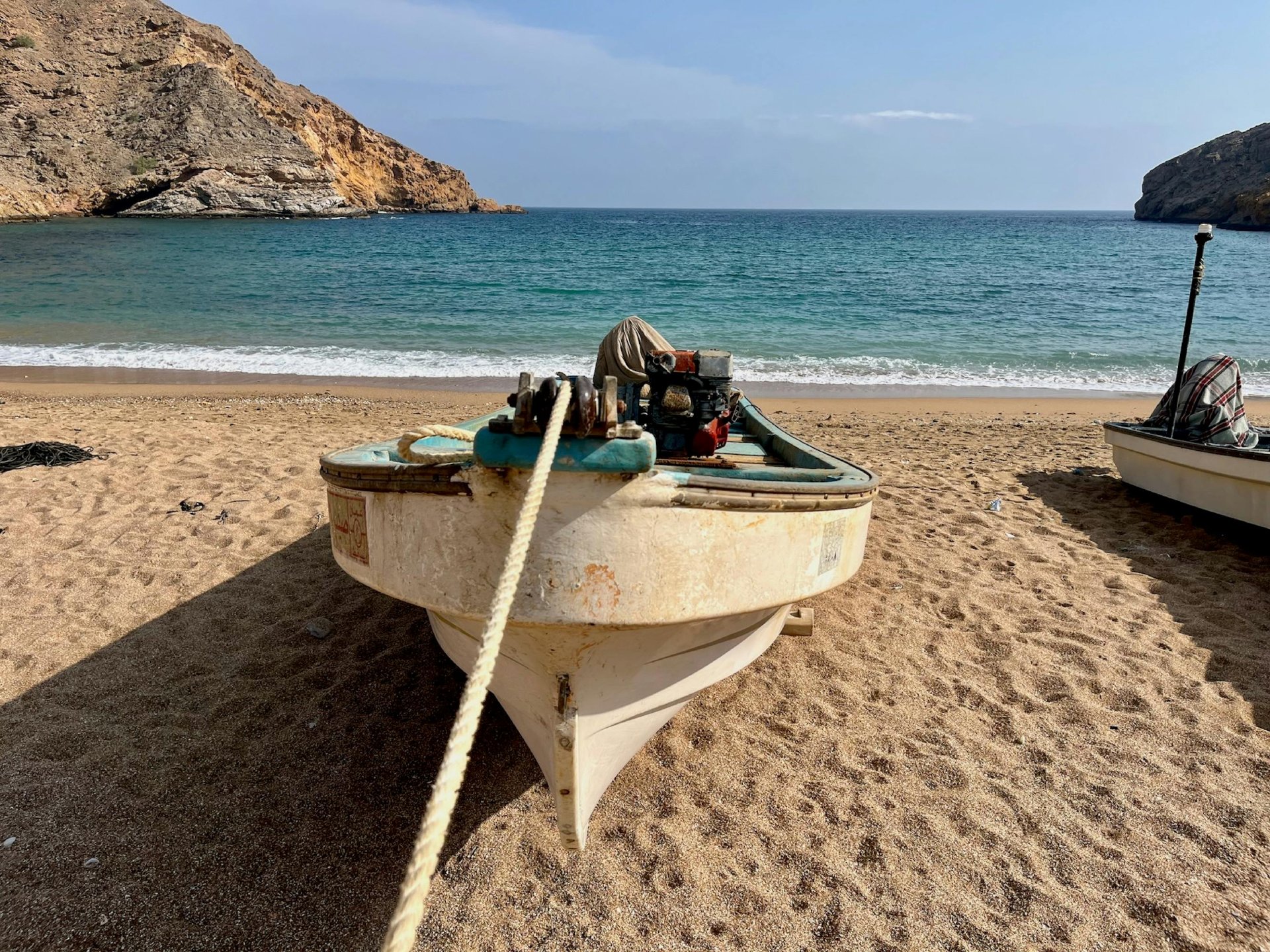Article Highlights
- Pack Essential Medications and Research Equivalents Abroad: Ensure child-specific meds are packed and check for available alternatives overseas.
- Opt for Nonstop Flights When Possible: Nonstop flights reduce stress and minimize logistical challenges when traveling with young kids.
- Understand Local Health, Safety, and Cultural Norms: Know destination-specific health and safety practices to secure your children.
- Choose Child-Friendly Accommodations: Book hotels with family amenities like cribs, high chairs, and play areas to enhance comfort.
- Prepare for Emergencies with Global Rescue Support: A Global Rescue membership ensures 24/7 medical, security, and evacuation services when needed.

Embarking on an international trip with your family is an exciting adventure. However, it also requires thorough planning to ensure the safety, comfort, and enjoyment of everyone, especially young children. From meeting passport requirements to locating reputable medical facilities, here’s how American families can best prepare for safe, smooth travels.
Passports and Visas for Kids
One of the first steps in international family travel is ensuring each family member has the required documentation. Regardless of age, every child needs a valid passport and possibly a visa, depending on the destination. Check passport expiration dates, as some countries require that passports be valid for six months beyond your intended return date. If a child is traveling solo, it’s also wise to carry printed copies of each child’s passport, birth certificate, and other necessary documents, such as consent letters.
Packing Essentials for Kids
Traveling with children means packing specific items that might not be readily available abroad. Essentials include enough diapers, formula, favorite snacks, medications, and comfort items like a beloved stuffed animal or blanket. Remember, it may be difficult to find familiar brands overseas, so bring enough of what you need to last the trip. Having these items on hand can help children feel more at ease in a new environment, making the journey smoother for everyone.
Staying Healthy and Vaccinated
Many international destinations have specific health requirements and recommendations, such as vaccinations or preventative medications. Before departure, check with your pediatrician and consult the CDC’s travel health page to learn which vaccinations are recommended for the country you’re visiting. It’s also helpful to bring a list of medications your children take regularly in case a refill is needed abroad.
OTC: Over-the-Counter Medicine Options Abroad
A well-stocked first aid kit is essential, but it’s also helpful to know the names of common medications in the local language, as brand names vary internationally. Here are a few substitutes for common over-the-counter (OTC) medications you may need:
- Ibuprofen (Advil, Motrin): Paracetamol (also known as Acetaminophen, like Tylenol) is widely available abroad.
- Diphenhydramine (Benadryl): Alternatives include cetirizine or loratadine for allergies.
- Loperamide (Imodium): Widely available in most countries to treat diarrhea.
In some countries, OTC medicines that are common in the US may be banned or regulated. For example, pseudoephedrine (found in Sudafed) and diphenhydramine are restricted in Japan. Before you travel, research your destination’s regulations or consider joining a travel assistance service like Global Rescue, whose experts can help you locate necessary medications abroad.
Invest in Comprehensive Traveler Protection
While traveler protection may not be the first thing on your mind, purchasing comprehensive travel insurance and traveler protection for all family members can be invaluable.
“Travel insurance protects your financial investment in your trip, offering support for canceled flights, delayed baggage, and more. However, only Global Rescue traveler protection services protect you directly, especially in critical medical or security emergencies,” according to Dan Richards, CEO of Global Rescue, their services provide extensive medical, security, and evacuation benefits for all ages, ensuring peace of mind in case of an emergency.

More Family Travel Tips
Safety and Security Precautions
It’s essential to research the safety of your destination. Familiarize yourself with local emergency contacts, hospital locations, and safety advisories. Keep emergency contact information, including the nearest US embassy, handy in urgent situations. A Global Rescue membership provides families 24/7 emergency assistance, which can be crucial in unfamiliar environments.
Choosing Child-Friendly Accommodations
Book accommodations with families in mind. Choose hotels with amenities like cribs, high chairs, or play areas. Resorts with kid-friendly programs or babysitting services can make family travel more accessible and enjoyable. Confirm these amenities in advance to avoid last-minute surprises.
Opt for Nonstop Flights
Whenever possible, choose nonstop flights, especially for long journeys with young children. Minimizing layovers reduces stress and makes it easier to maintain children’s routines. Bring snacks, toys, books, and games to keep them entertained, and remember to pack extra clothes for accidents or spills.
Plan for Jet Lag
Jet lag can be challenging, especially for younger children. Try to keep their sleep schedule regular and encourage naps if needed. Staying hydrated and spending time outside to adjust to the new time zone can also help ease the transition.
Water and Food Safety
Food and water safety vary by region, so it’s essential to exercise caution in countries with questionable water quality. To reduce the risk of illness, stick to bottled water, avoid ice cubes, and be cautious with raw or undercooked foods. Simple precautions like these can go a long way in protecting your family’s health.
Understanding Local Laws and Cultural Norms
Understanding local customs and regulations can prevent cultural misunderstandings when traveling internationally. This is particularly important if local laws about children’s behavior, dress, or public interactions differ from what you’re used to at home. Some countries may have rules about where children can play or what they should wear, so familiarize yourself with these to ensure a respectful visit.
Emergency Contact Information
Prepare a list of emergency contacts, including family members back home, your travel insurance provider, and local emergency services. Having these readily accessible ensures quick action in case of emergencies. Be sure your children understand where to go and who to contact if they accidentally get separated.
Keep Track of the Nearest Embassy
Knowing the location of the nearest US embassy or consulate is essential. Embassies can provide assistance if you lose your passport, face a legal issue, or experience another emergency. Note their contact details and address if you need support during your trip.
Flexible Itineraries Help Keep Things Manageable
Children’s needs and energy levels can vary day to day, so building flexibility into your travel schedule is helpful. Allow time for naps, snacks, and unplanned breaks, especially if traveling with younger children. This adaptability will help everyone enjoy the trip at their own pace.
The Global Rescue Connection: Services for Family Travel
No matter how much you plan, sometimes things go differently than expected. Global Rescue offers a range of support services tailored to travelers, including medical assistance, evacuation services, and travel guidance.
The Cann family, who experienced an urgent need for medical evacuation in Papua New Guinea when their son broke his jaw, found themselves grateful for Global Rescue’s ability to arrange transport and handle logistics in an unfamiliar region. “They took care of everything, allowing us to focus on our son’s wellbeing,” said Zach Cann, Jude’s father.
Traveling internationally with children can be one of the most rewarding experiences for a family, exposing them to new cultures, environments, and ways of life. With proper planning and support, families can focus on creating memories, confident they have the right resources to keep their children safe, healthy, and happy throughout the journey.









